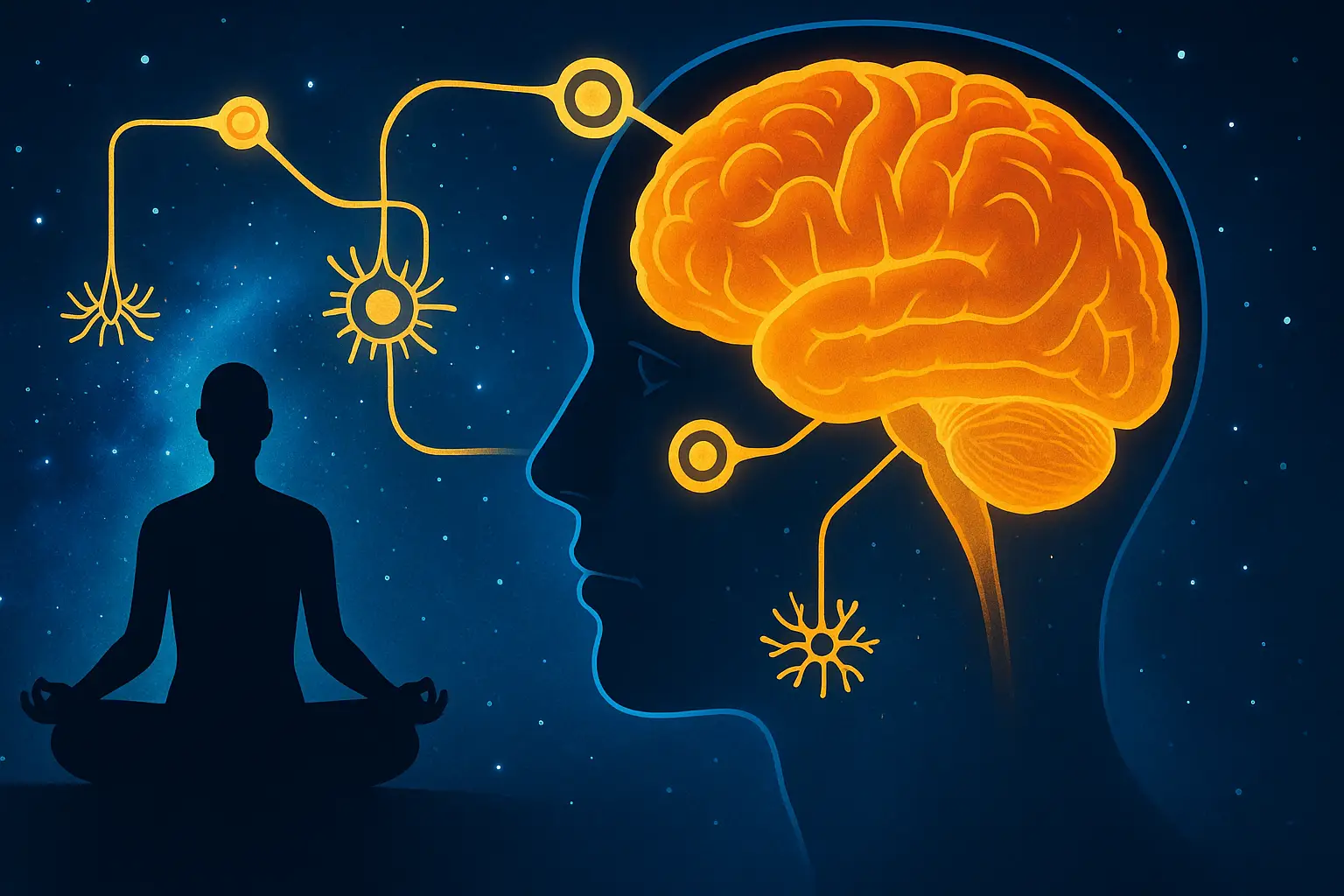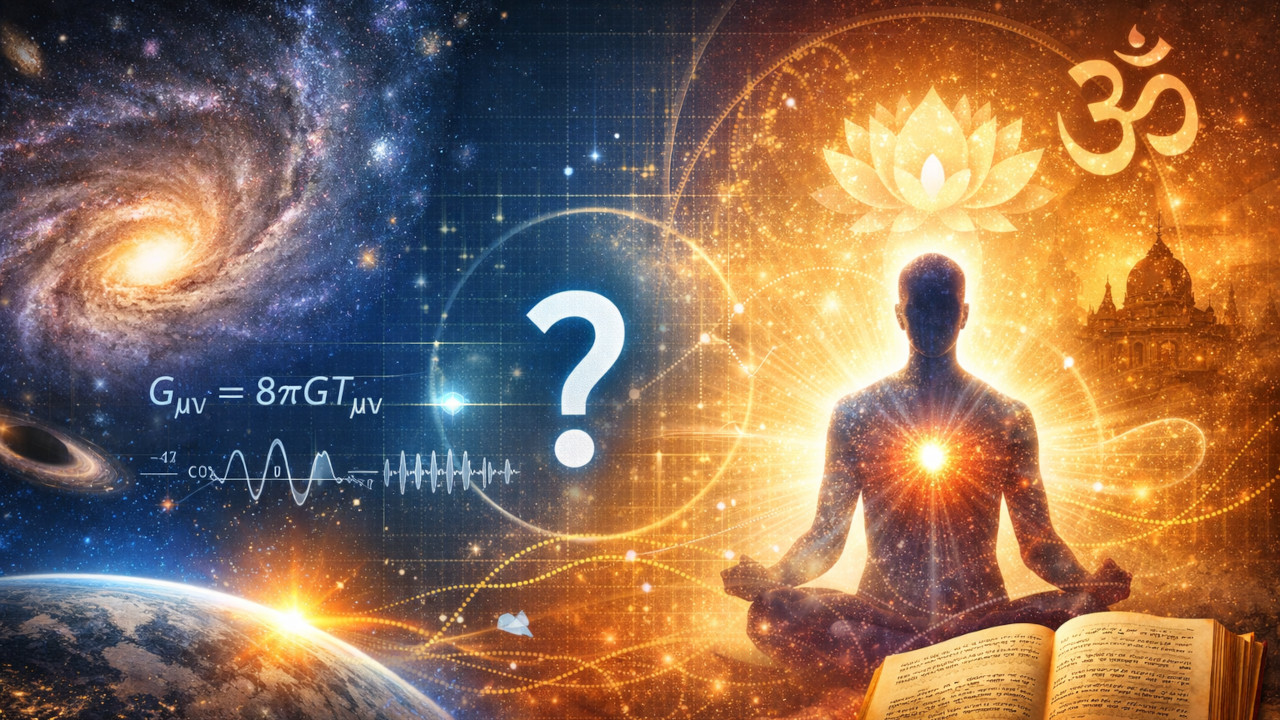Modern science has achieved extraordinary explanatory power, yet one mystery remains unsolved: consciousness itself. How do physical processes in the brain give rise to subjective experience—the feeling of “what it’s like” to be aware? In this paper, philosopher Akhandadhi Dāsa argues that no existing physicalist theory can bridge this gap, known as the “hard problem of consciousness.” Even with advanced neuroscience, there is no mechanism that explains how electrical signals and neural activity become the colors we see, the sounds we hear, or the emotions we feel.
The author reviews this scientific impasse through the lens of both Western and Eastern philosophy, especially the Vedic traditions of Vedānta and Sāṅkhya. These systems treat consciousness not as a by-product of the brain, but as a fundamental property of reality—one that interacts with matter through an intermediate, non-neural “mind” that translates information into experience. Within this model, the ātmā (the conscious self) is the true experiencer, distinct from the body and brain, yet capable of intentional influence—what we call volition or free will.
By reframing consciousness as an irreducible aspect of nature, the author proposes an expanded scientific worldview in which subjective awareness is as real and investigable as physical energy. Such a shift could unify insights from physics, biology, psychology, and philosophy, while restoring a sense of meaning and purpose to scientific inquiry. Rather than opposing science, this perspective invites it to evolve—toward a fuller understanding of what it means to be conscious in a conscious universe.
Download the PDF: link






